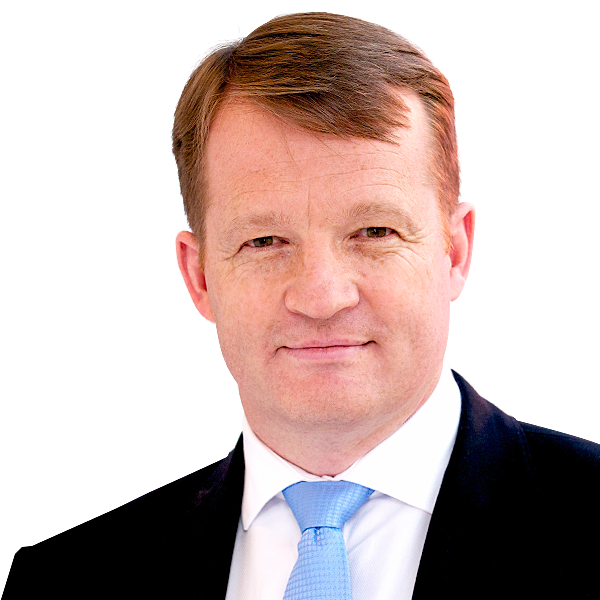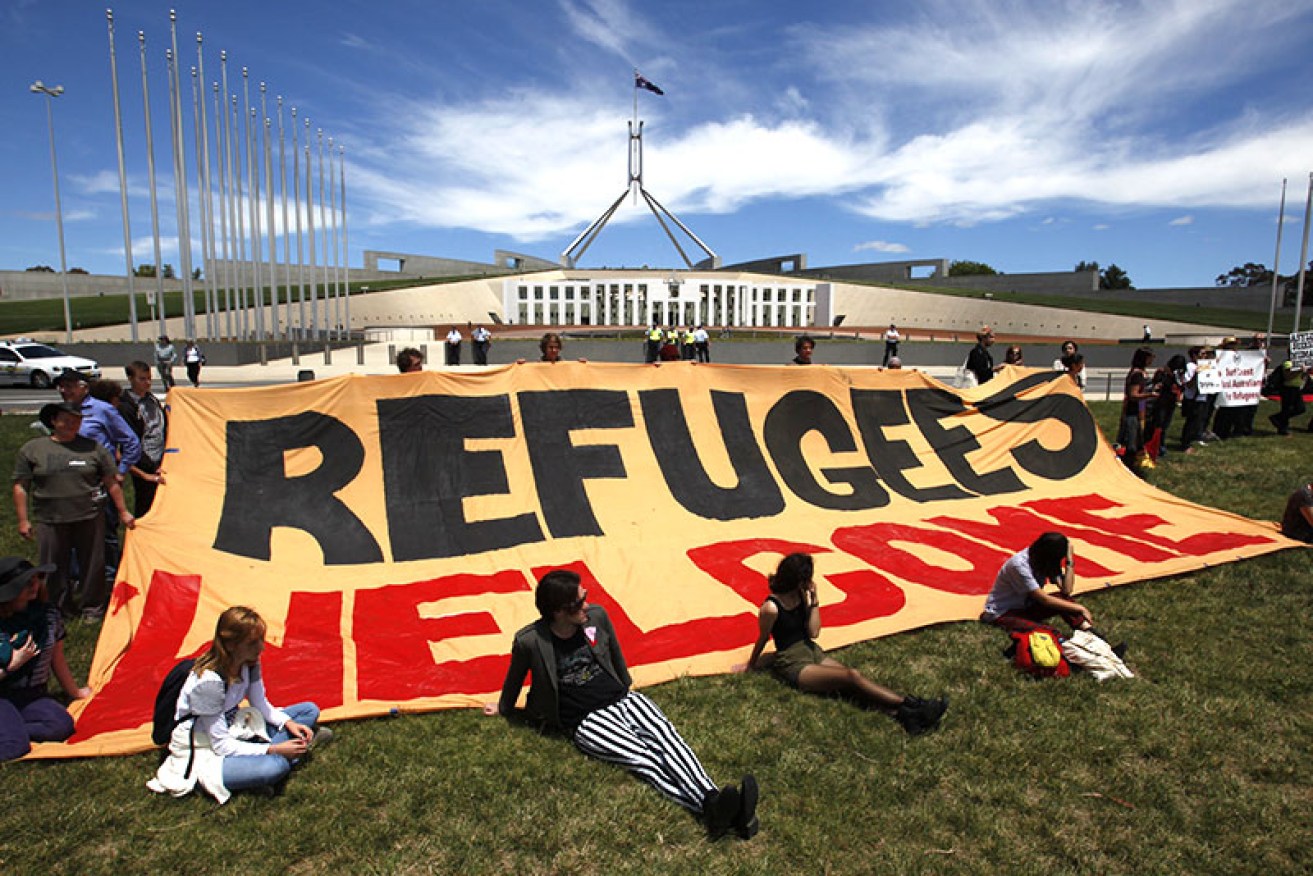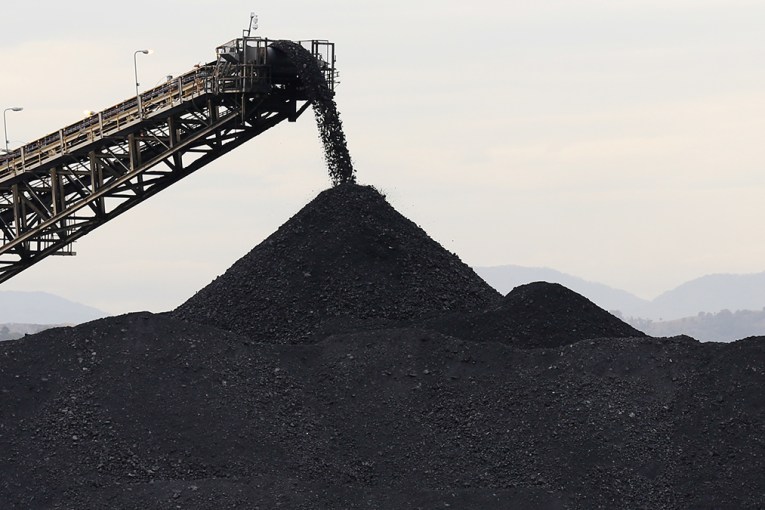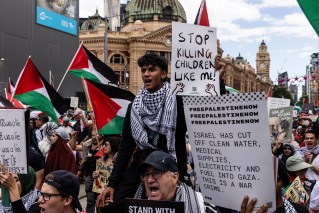Is Australia in danger of becoming ‘Asian white trash’?


Getty
Australia has a once in a millennium opportunity to reposition itself. The country has the chance to be the centre of the global power shift, but only if it gets the ‘brand’ right.
Most know of the emerging economies and the shift away from Europe and the US. But have you really stopped to let the impact on Australia sink in?
Think about this. Three hundred years ago, China was 22% of the global economy and India was 24.5%. Both these countries catastrophically shrunk to 4.6% and 4.2% with the age of exploration, the growth of Europe and the settlement of the US.
Massive shifts in global centres of power do not happen in a few years, nor even a couple of generations. They take time. But decisions made by one generation of leaders lay the foundation for relationships which literally last centuries. Henry VIII’s foundation of the Church of England, the colonial borders in Africa set by Europeans, the decision by the USA to buy Alaska from the Russians, are just three examples.

A man sets up an asylum sign during a protest to support asylum seekers in front of the Parliament House in Canberra in November last year.
How is Australia positioned for this shift?
The global power balance is moving away from Western/Christian societies to the East and South Asian societies where Islam, Hinduism and Buddhism play a larger role in setting cultural norms and — critically — the ethical frameworks around business and trade.
Africa is also growing. For over a decade and a half now many parts of the continent have emerged from basket case to hope. This has left some in Britain to wonder if they have backed the wrong horse with Europe. Perhaps the British should have angled for the ‘hinge’ role connecting the Anglo-Saxon world with the largely African-based Commonwealth. Would the UK be better positioned then?
Australia has not created an identity of openness and hospitality. Frighteningly, it is doing the opposite by its own choice.
A similar ‘hinge’ role is now up for grabs between Anglo-Saxon cultures of the west and the Asian/Islamic/Buddhist/Hindu cultures of the east, where the future economic power base will be.
So which economy will be this hinge? Where do we find a country that is geographically well placed and has within it a mix of people and cultures that can act as linguistic and ‘cultural translators’ from one world to the next?
Is there a country that has within it Germans, French, British, Americans, Chinese, Indians, Indonesians, Somalis, Kenyans and others? Imagine if there were a country that had churches, mosques, synagogues, temples and had found a way to have all these cultures co-exist? How powerful that country could be.

One of Australia’s Cape class patrol boats, used in asylum seeker patrols.
Imagine a country with resources, regulated finance and a legal system that endeared trust?
If such a country existed and were to see the value in its cultural mix it could leverage that diversity to create a reputation of confidence, trust and understanding. It would be a natural place to exchange and trade. How wealthy the future generations of that country would be.
Australia could be such a country, but has two problems holding it back.
Firstly, the country itself has neither recognised nor prioritised this future opportunity. Secondly, and perhaps flowing from the first, Australia has not created an identity of openness and hospitality. Frighteningly, it is doing the opposite by its own choice.
My work has taken me in just the past six months to China, India, Indonesia, Europe and the US. To many senior leaders I have met, Australia has gone backwards in terms of its image.
Will they look to your children for help, or will they cringe at your children as the white cultural trash of Asia?
In the 1990s, Australia’s engagement with Asia was positive, welcomed and reaped mutual benefits. But benefits were just flowing when Australia chose to turn back.
Business leaders recognise that post-Tampa, both parties have promoted a reputation in the region due to Australia’s chosen asylum policy. Australia chooses to promote an image that the country is unwelcoming to those seeking asylum. Only naive Australians would think that asylum seekers are the only people who hear that message.
Australia’s choice has costs. A 2011 Access Economics report noted that part of the reason that there was such a downturn in International Students was because Australia had created a perception of ‘unwelcoming, particularly in its treatment of asylum seekers’.
This is not an isolated example of the new perception.

Australia’s Prime Minister Tony Abbott and wife Margaret Aitken pose with Indonesia’s President Susilo Bambang Yudhoyono and his wife Ani Yudhoyono before the APEC Summit in Bali last year.
Put yourself in the shoes of a school kid in Indonesia, or India, or China. They learn Australia is a large, rich country that actively promotes itself as unwelcoming to Muslims, Hindus and Buddhists. They learn this through Australia’s own advertising saying Australia pushes away the religion and cultures of Indonesia, India and China.
They learn that Australia is one of the least-densely populated countries on earth – even if you count only the arable land. It has one of the top 20 economies, one of the richest pools of natural resources, but says it is ‘full’ when its huge land mass of arable land has within it fewer people than some large global cities.
As these school children grow up, and they learn the message that Australia itself promotes, where will those children look for the trusted relationships of confidence to translate between one world and the next? Where will they look to trade in the future? Will they look to your children for help, or will they cringe at your children as the white cultural trash of Asia?
Think again about Australia’s best interest. If Australia wants to be the ‘hinge point’ between economies as global power shifts, then Australia must be seen as welcoming and trustworthy by all cultures.
Australia is smart enough to fashion a policy that creates a welcoming perception and protects its borders. It is just that Australia does not yet choose to do so. It is the next generations that will wear the consequences of this choice.
• What do you think? Leave your comment here
Andrew Macleod is a Board member of Cornerstone Capital (New York), advisor to Gane Energy (Australia), Critical Resource (UK), a former senior official of both the United Nations and the International Committee of the Red Cross and past CEO of the Committee for Melbourne. He is the author of ‘A Life Half Lived’ by New Holland Press.







